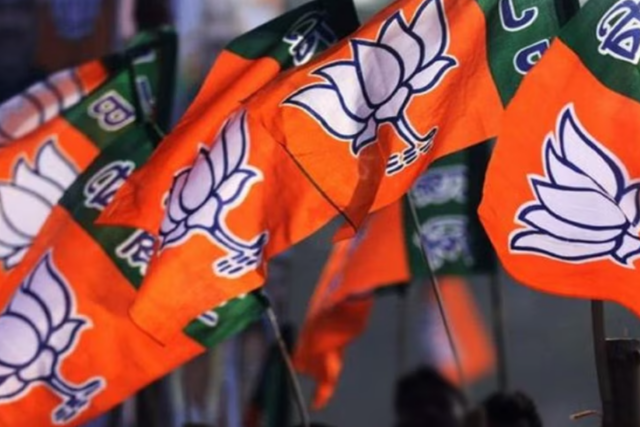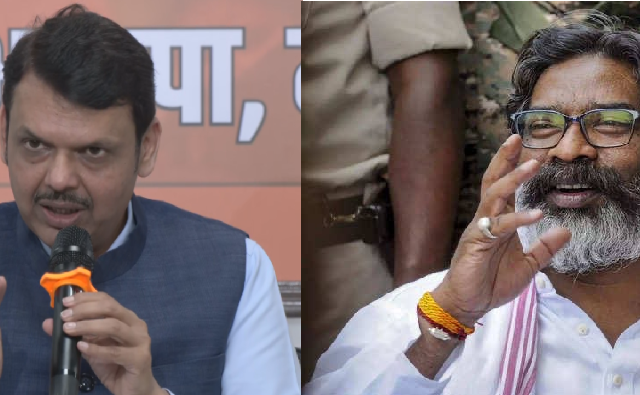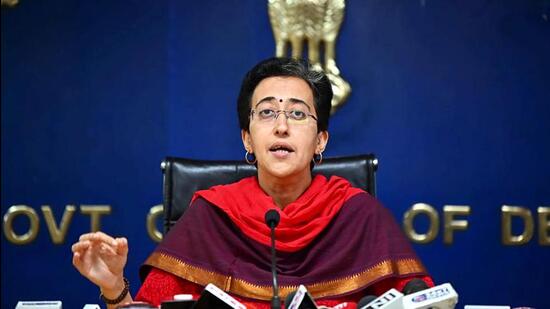One Nation One Election – Amendments proposed in the Constitution

Constitutional amendments proposed by ‘ONOE’ for holding simultaneous elections for Lok Sabha, Assemblies and Local Bodies.
The concept of “One Nation, One Election” aims to synchronize elections for the Lok Sabha (Parliament) and State Legislative Assemblies to ensure that voters across India cast their votes for both national and state representatives on the same day. This ambitious plan, which is being actively discussed by the Indian government, requires several amendments to the Constitution to ensure its legal framework.
Key Constitutional Amendments Proposed
- Article 83 and Article 172
These articles govern the duration of the Lok Sabha and State Legislative Assemblies, respectively. Currently, both bodies have a tenure of five years from the date of their first meeting, but this could lead to elections being held at different times across states. To implement “One Nation, One Election,” these articles would need to be amended to align the terms of the Lok Sabha and Assemblies, either by extending or curtailing the terms of some Assemblies. - Article 85 and Article 174
These articles relate to the dissolution of the Lok Sabha and State Assemblies. Under the current system, the President (for the Lok Sabha) and Governors (for Assemblies) can dissolve these bodies at different times. A unified election system would require amendments to synchronize their dissolution and calling of elections. - Article 356 (President’s Rule)
If a state government fails, President’s Rule can be imposed, leading to potential mid-term elections in the state. The amendment would likely propose measures to avoid disruptions in the synchronized election cycle and create mechanisms to handle exceptional circumstances without altering the election schedule. - Article 324
This article gives powers to the Election Commission of India to supervise elections. To manage simultaneous elections at such a large scale, Article 324 may need to be strengthened to allow the Election Commission to oversee and efficiently manage both national and state elections concurrently. - Amendments to the Representation of the People Act, 1951
This act governs the conduct of elections in India. For “One Nation, One Election” to be feasible, it would need significant changes to the rules regarding the timing of elections, election cycles, and logistical management.
Challenges and Considerations
- Political Consensus: Implementing such a reform requires widespread political agreement, as it would significantly alter the existing electoral process.
- Logistical Feasibility: Holding national and state elections together would require immense resources, manpower, and organizational planning to ensure smooth conduct across India.
- Impact on Federalism: There are concerns that aligning national and state elections could lead to national issues overshadowing local governance matters, reducing the autonomy of state-specific issues in elections.
Opinions on One Nation One Election:
Congress President Mallikarjun Kharge says, “We don’t stand with this. One Nation One Election cannot work in a democracy. Elections need to be held as and when required if we want our democracy to survive.”
AIMIM Chief Asadudddin Owaisi tweets, “I have consistently opposed One Nation One Elections because it is a solution in search of a problem. It destroys federalism and compromises democracy, which are part of the basic structure of the constitution. Multiple elections aren’t a problem for anyone except Modi & Shah. Just because they have a compulsive need to campaign in even municipal & local body elections does not mean that we need simultaneous polls. Frequent & periodic elections improve democratic accountability.”
Rajasthan Congress President Govind Singh Dotasra says, “One Nation, One Election cannot happen, amendments will have to be made in the law and they do not have sufficient majority to amend the law. They do this to divert attention from their failures… The women’s reservation bill was passed, but was it implemented? This is how the propaganda of One Nation, One Election is going on …”
One Nation, One Election’ is not at practical in our country, even BJP knows that. They’re just trying to divert the attention from the current issues. — Congress GSO KC Venugopal
While the “One Nation, One Election” idea aims to streamline governance, reduce election expenses, and avoid the constant cycle of elections, it requires significant constitutional changes and a delicate balance between state and national interests.







